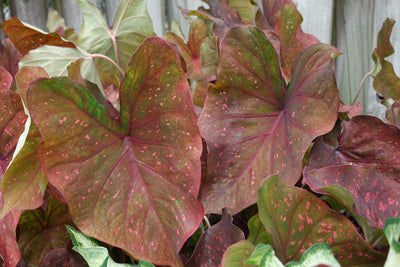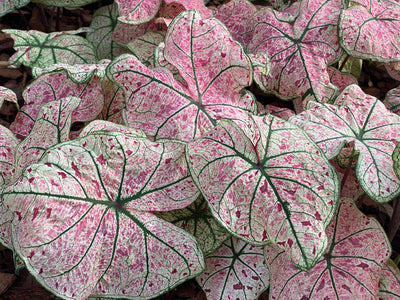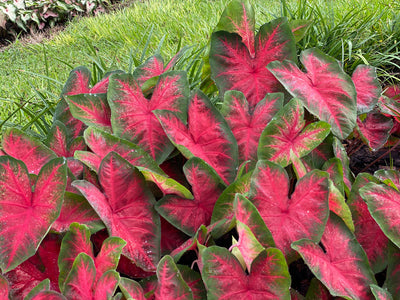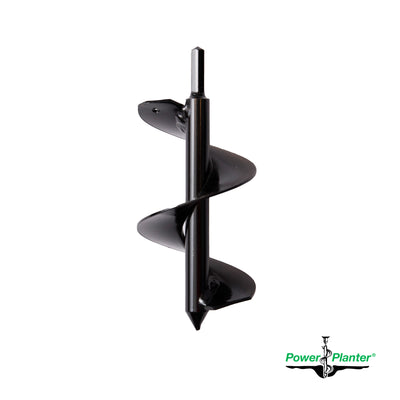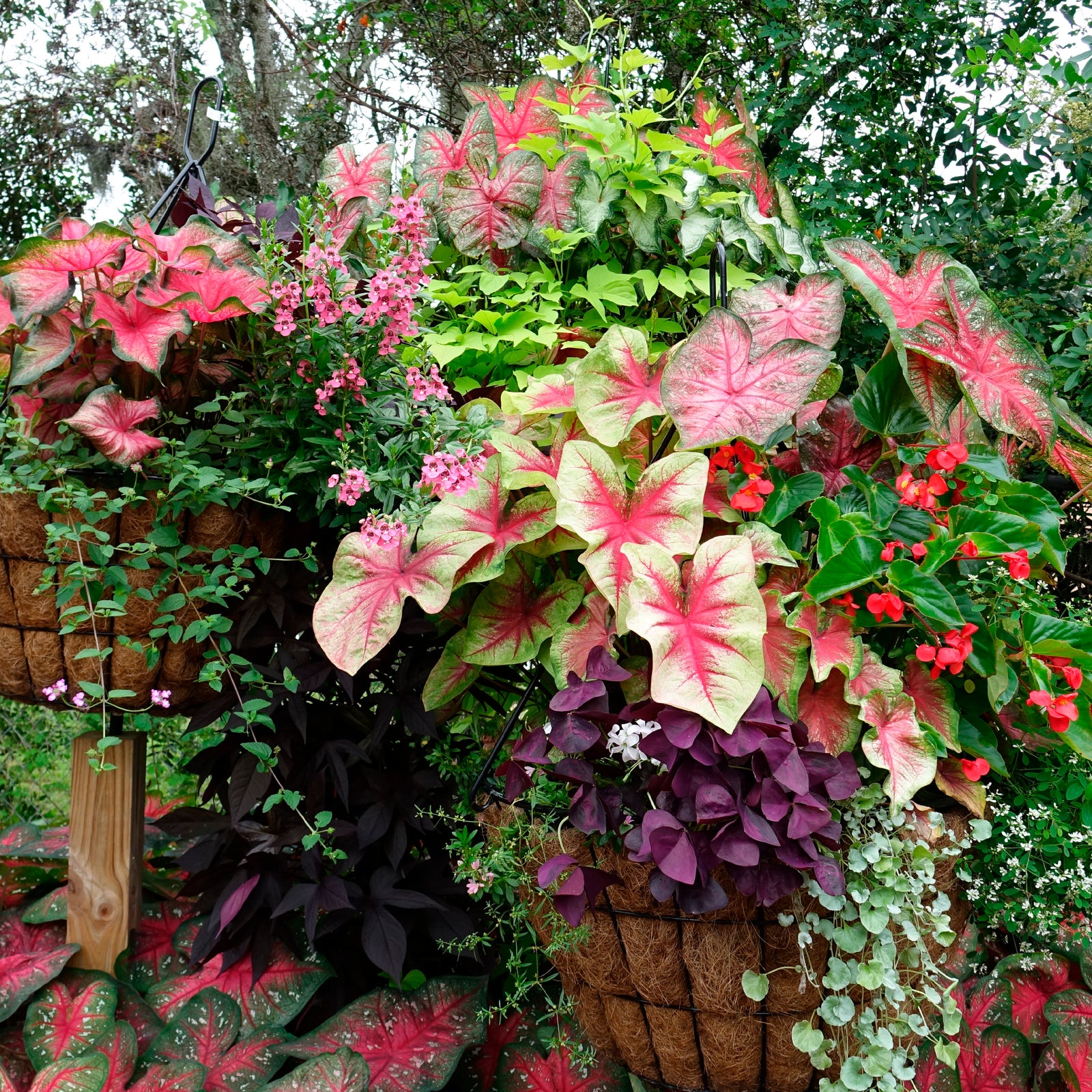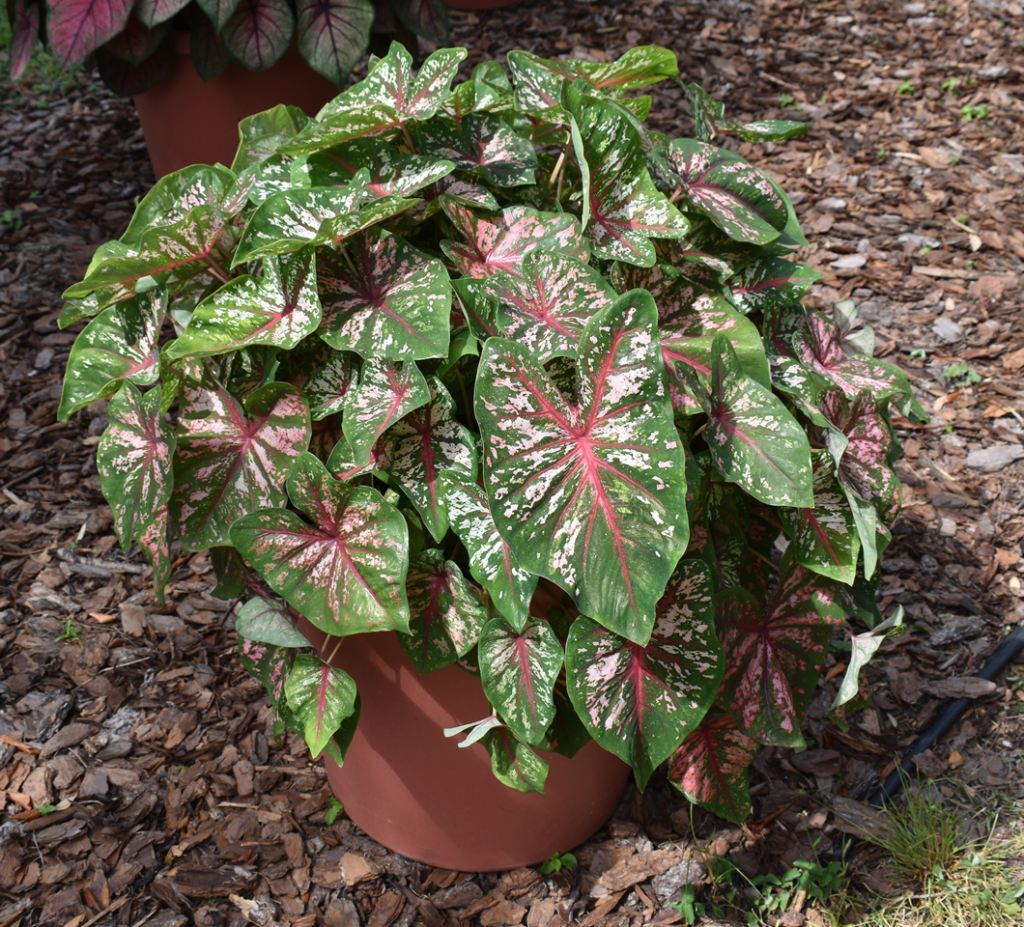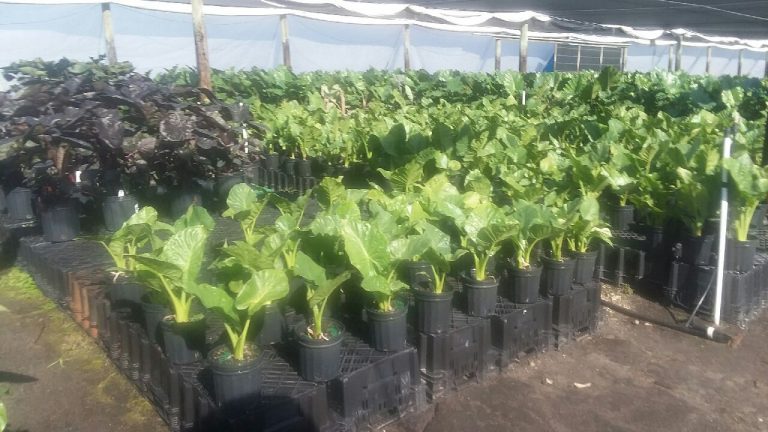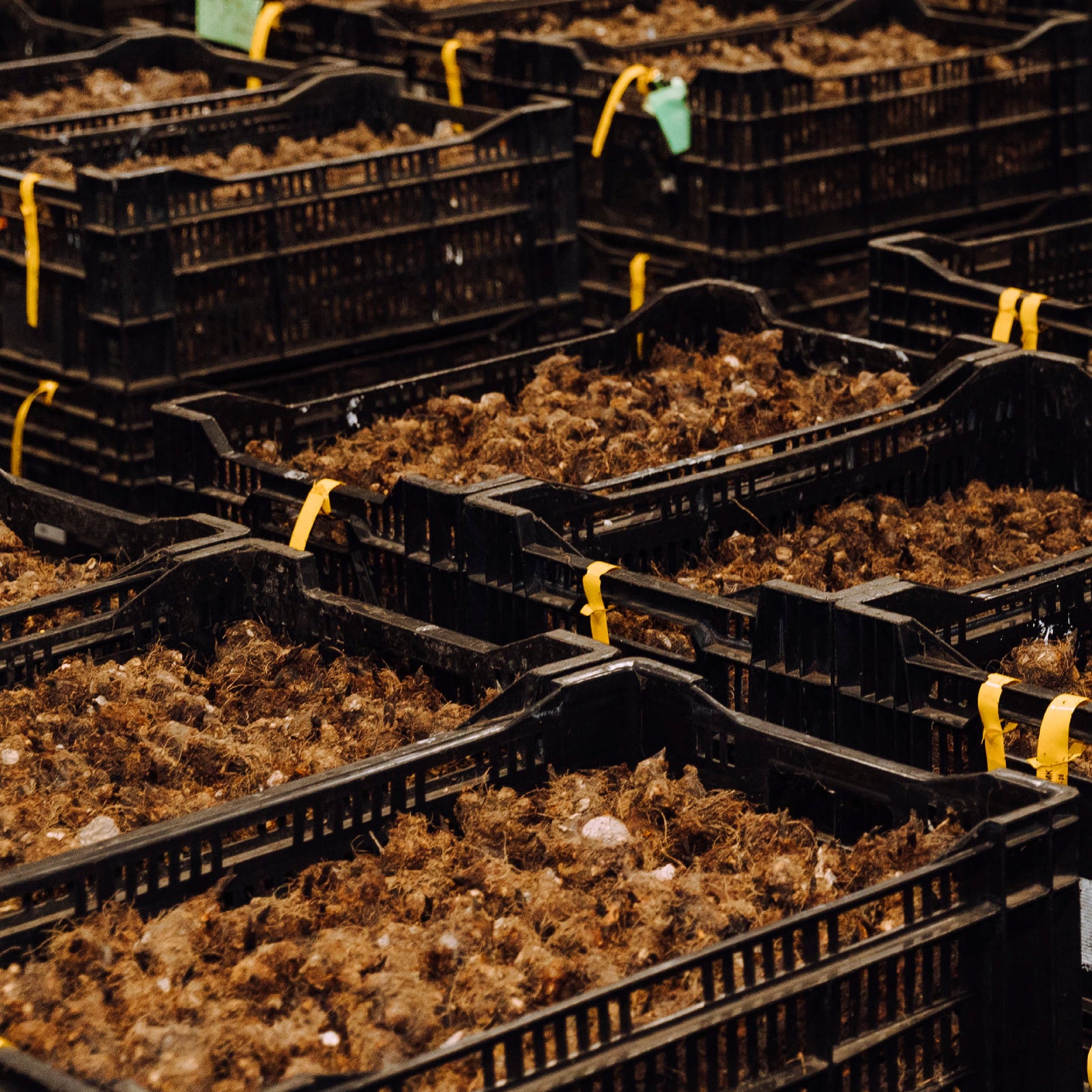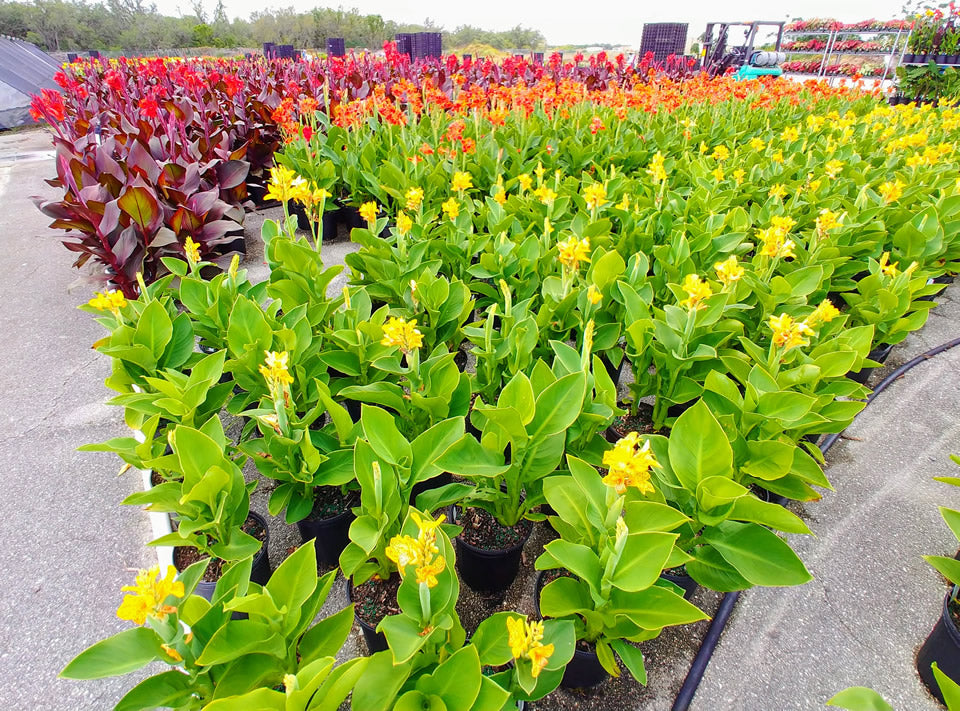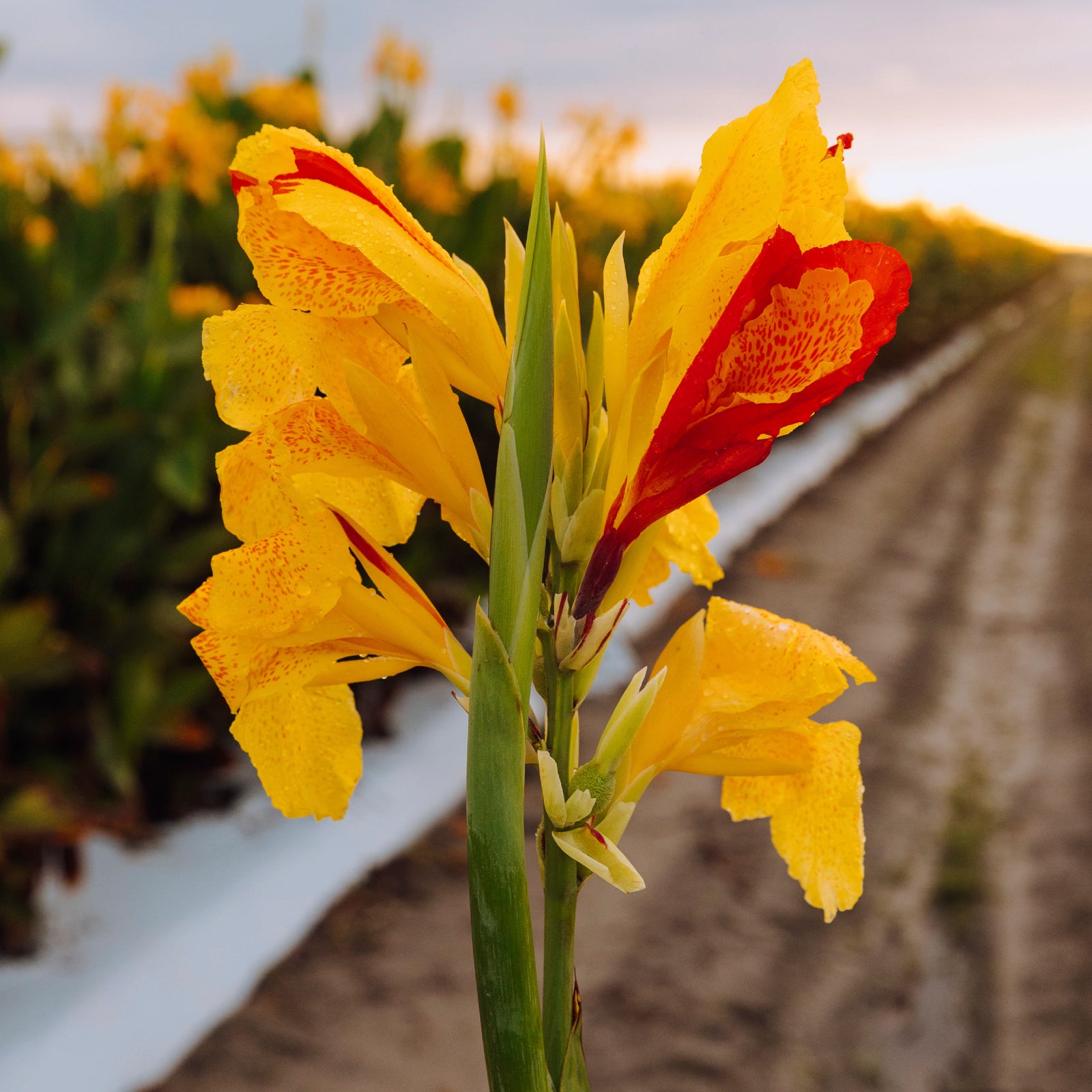Classic Certification
August 28, 2024
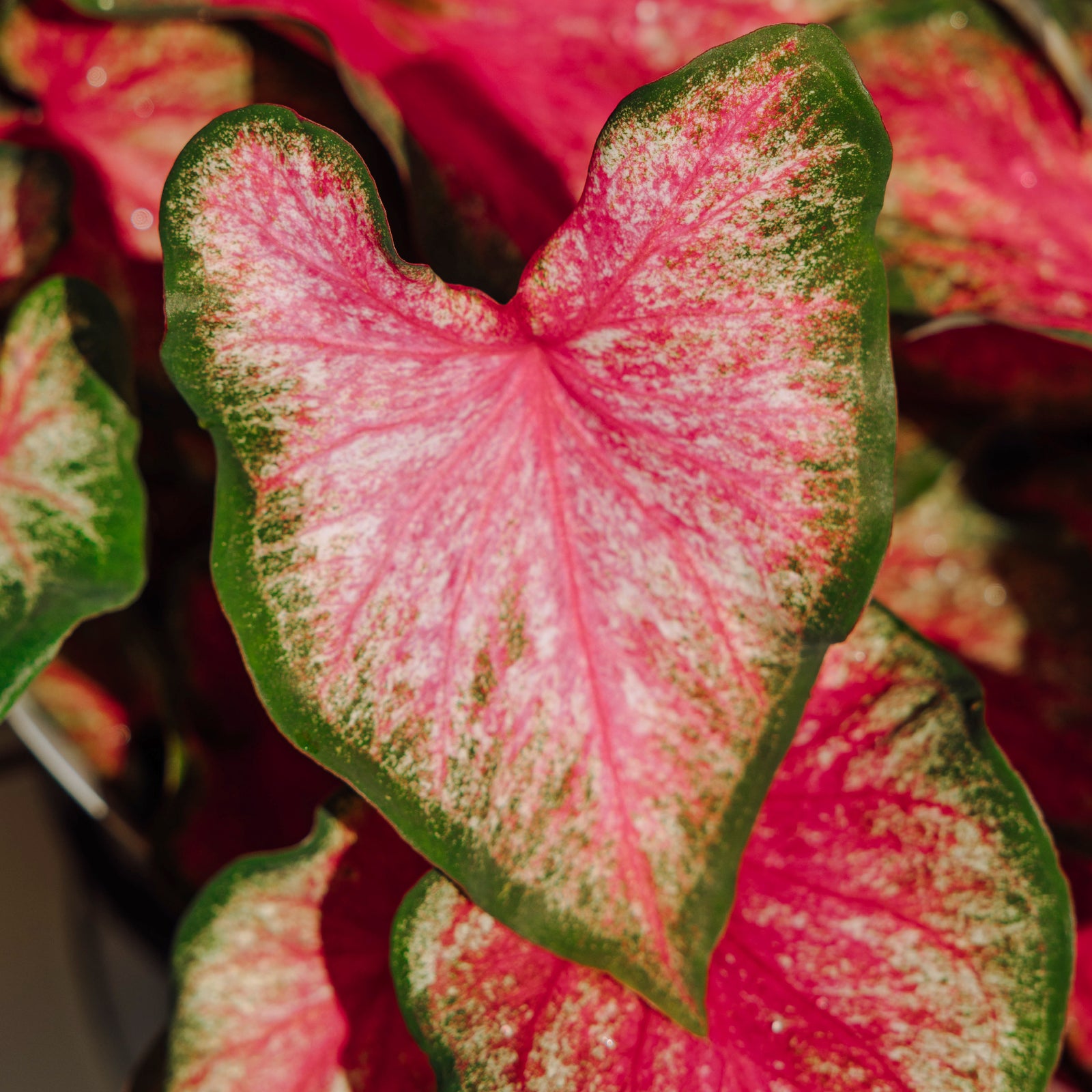
In the case of horticulture, certification consists of a statement of condition based on the results of specific tests. Most horticulture certification programs consist of two parts;
- tests to prove the variety is true to name and
- tests to prove the plants in question are free of specific or known pathogens or diseases.
Horticulture certification is a very expensive process therefore the initial certified stock (nuclear stock) is generally not used directly in production but becomes the source for an increase program that results in production stock. This increase program has a cost dilution effect thus making the production stock cost competitive. The steps of increase process are given names to indicate the state of increase and the distance removed from the certified nuclear stock accordingly:
- Nuclear stock = original certified plants
- Build Up I = first increase
- Build Up II = second increase
- Recycle I = third increase
- Recycle II = forth increase
- Production = production stock
The number of stock increase steps any given program follows depends on the species and variety involved, its increase rate and the significance of the diseases specific to the species, involved. This increase program has a cost dilution effect thus making the production stock cost competitive.
Besides the cost of the initial certified stock the Build Up and Recycle steps are also costly, however multiplication is maximized at each step so cost dilution is also maximized.
Classic Caladiums LLC certification program:
True to name: Genetic Drift/mutation.
Plants can be propagated sexually or asexually. Over time asexually/vegetatively propagated crops accumulate age, pathogens and may genetically drift from the original selection. Some of the caladium varieties have been vegetatively propagated for more than 150 years. To assure our customers of receiving true to name vigorous tubers Classic Caladiums employs a certification program to make sure our starting stock, based on the results of specific tests, is of the highest quality. Classic certifies its starting stock to be; 1) true to name 2) free of specific diseases and 3) rejuvenated. Rejuvenation is a not very well understood but very interesting process.
Rejuvenation
Tissue culture is used in Classic’s certification program. The tissue culture processes involves aseptically removing small groups of meristematic cells from the growing points of the plant and growing them in test tubes (in vitro) on a specific medium. In order to get small pieces of plant tissue to grow in vitro, plant growth hormones are used. This process, including the use of plant growth hormones, has the effect of rejuvenating the plant thus resetting the plants aging clock. All plants received from tissue culture process are rejuvenated as a naturally occurring result of the process.
Time Table
The entire process from selecting tubers of the variety to be certified to receiving plants back from the tissue culture laboratory is 2 years. The build up or increase process takes another 3 years making the entire process 5 years. Since the last 3 years are in the field and the plants are exposed to recontamination, thus the statement that Classic uses for their salable tubers is that they are “derived from a certification stock process”.

